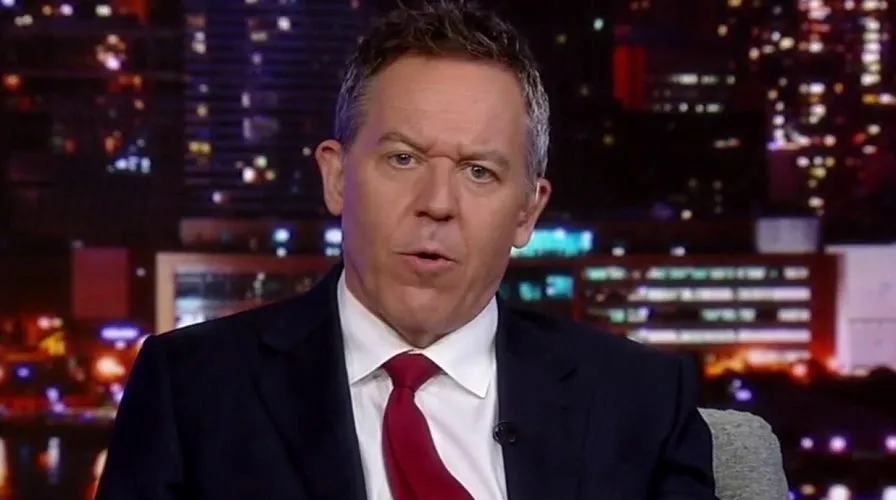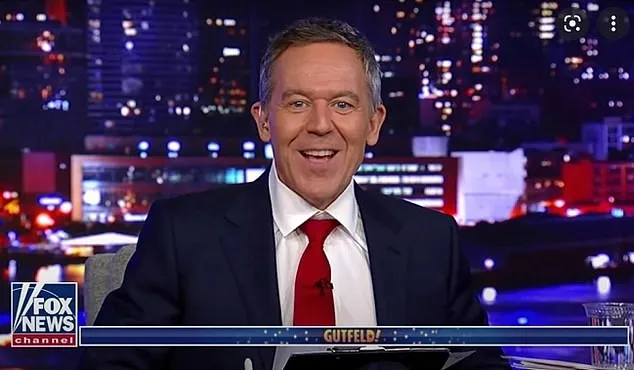In recent years, the late-night television landscape has undergone a significant shift, with comedy often taking a backseat to political commentary. Shows that once prided themselves on universal humor now cater to niche audiences, often aligning with particular ideological viewpoints. However, one show has managed to break the mold: Greg Gutfeld’s eponymous late-night program on Fox News. Gutfeld’s rise to the top of late-night ratings, surpassing stalwarts like Stephen Colbert, marks a turning point in the battle against “woke” culture in entertainment.

For decades, late-night television was dominated by legendary figures like Johnny Carson, Jay Leno, and David Letterman. Their humor was lighthearted, focusing on topical events without delving too deeply into divisive political territory. The landscape shifted dramatically in the post-2016 era, with shows like “The Late Show with Stephen Colbert” adopting a more overtly partisan tone. Colbert, who succeeded Letterman, became a leading voice for liberal audiences, frequently targeting conservatives and the Trump administration in his monologues.

While Colbert’s approach initially garnered high ratings, the overtly political focus alienated a significant portion of the viewership. Enter Greg Gutfeld, whose show debuted in 2021 as a refreshing alternative. By blending humor, satire, and a rejection of “woke” ideology, Gutfeld’s program has resonated with a broader audience, including those who felt sidelined by mainstream late-night offerings.
Greg Gutfeld’s success can be attributed to several key factors. First, his show prioritizes humor over political grandstanding. While Gutfeld doesn’t shy away from controversial topics, he approaches them with a sense of irreverence that appeals to viewers tired of the moralizing tone often found on other late-night shows. His panel format, featuring a rotating cast of comedians, pundits, and cultural commentators, fosters lively and often unpredictable discussions that keep the audience engaged.
Another factor is Gutfeld’s willingness to challenge the status quo. In an era where many entertainers toe the line of political correctness, Gutfeld’s unapologetic style offers a stark contrast. His humor often targets the absurdities of “woke” culture, from cancel culture controversies to over-the-top virtue signaling. By addressing these issues head-on, Gutfeld taps into a growing frustration among viewers who feel disenchanted with mainstream media and entertainment.
Stephen Colbert’s fall from the top spot in late-night ratings underscores the limitations of a hyper-partisan approach. While Colbert’s biting satire and sharp wit once drew massive audiences, his show’s focus on progressive politics has made it increasingly predictable. Critics argue that Colbert’s monologues often feel like lectures, with humor taking a backseat to political messaging.
This decline in relatability is reflected in the ratings. Viewers who don’t align with Colbert’s politics have turned to alternatives like Gutfeld, whose humor transcends ideological boundaries. Even among liberal audiences, there’s a growing appetite for entertainment that prioritizes comedy over partisanship.

Gutfeld’s rise and Colbert’s decline signal a broader cultural shift. The backlash against “woke” culture has gained momentum, with many Americans expressing fatigue over the perceived politicization of entertainment. Late-night television, once a unifying space for lighthearted comedy, has become a battleground in the culture wars. Gutfeld’s success suggests that audiences are craving a return to humor that entertains rather than divides.
This shift also highlights the changing dynamics of media consumption. Traditional network shows like “The Late Show” face stiff competition from cable and streaming platforms, where audiences can find content tailored to their preferences. Gutfeld’s ability to dominate in this fragmented landscape underscores the importance of authenticity and relatability in connecting with viewers.
The battle between Gutfeld and Colbert is far from over, but it’s clear that the late-night landscape is evolving. Networks will need to reassess their strategies to stay relevant in an increasingly competitive market. For Colbert, this could mean rethinking his show’s tone and focus to appeal to a broader audience. For Gutfeld, the challenge lies in maintaining his momentum while continuing to innovate.
ne thing is certain: the era of one-size-fits-all late-night programming is over. As viewers demand more diverse and engaging content, the success of shows like “Gutfeld!” serves as a wake-up call for the industry. Whether this signals a permanent shift away from “woke” culture or simply a new phase in late-night’s evolution remains to be seen.
Greg Gutfeld’s triumph over Stephen Colbert in the late-night ratings race marks a significant moment in television history. By prioritizing humor over ideology and challenging the dominance of “woke” culture, Gutfeld has tapped into a widespread desire for entertainment that unites rather than divides. As the late-night landscape continues to evolve, one thing is clear: audiences are ready for a new kind of comedy that speaks to everyone, not just a select few.